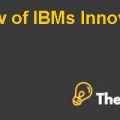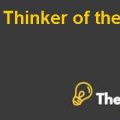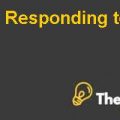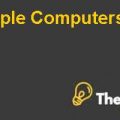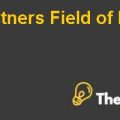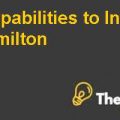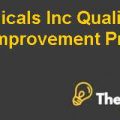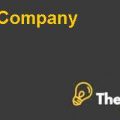
Based on 317 surveys of firms and in-depth cases of 6 companies, this article examines the management of the most intangible assets of the company - their knowledge. This article discusses the sources, uses, and the results of knowledge and shows how successful businesses to acquire and absorb more information and know-how. Moreover, these firms have more effective decision-making processes that allow them both to create new knowledge and apply this knowledge to produce more innovation in products and processes. Higher levels of innovation, in turn, leads to an increase in market and financial performance. This paper identifies eight key lessons of knowledge management and demonstrates how, rather than trying to manage knowledge, firms need to measure the change in innovation outputs that are derived from their knowledge management strategies and practices. "Hide
by Christine Su, Timothy M. Devinney, David F. Midgley, Anne Deering Source: California Management Review 23 pages. Publication Date: July 1, 2002. Prod. #: CMR238-PDF-ENG

